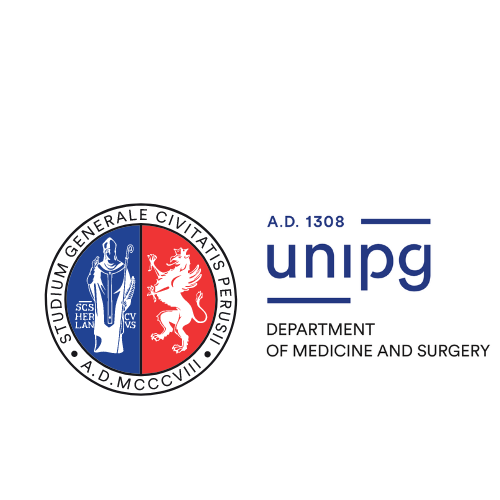The Research Doctorate represents a post-graduate advanced training course on research topics of high social impact and wide-ranging concerning pathologies which, epidemiologically, occupy the first places in terms of diffusion and, according to WHO projections, are destined to increase. Infectious and inflammatory diseases represent a serious public health problem and are among the main causes of mortality and morbidity worldwide. In these pathologies there is a failure or chronicity of the immune response, which instead would have the potential ability to successfully cope with their onset or progression. In order to treat or prevent inflammatory or infectious states it is necessary to understand in depth the mechanisms underlying the onset of the pathology, how the immune system controls inflammation, the strategies responsible for evasion from the immune system, the effects on the host following the activation of an immune response directed against itself (autoimmune disease) and the risk factors predisposing to the pathology.
The Doctorate intends to attract young researchers with the aim of training and motivating a new generation of scientists by transferring to them knowledge and technical skills that will allow them to study infectious diseases and the activation of the immune response in innovative, exciting and productive ways. The doctoral course provides skills in strategic research areas at an international level, such as: i) the study of basic pathogenetic mechanisms that could lead to the identification of new diagnostic tools, the development of vaccines and other interventions for prevention and control of infectious diseases and the identification of new therapeutic targets; ii) the analysis of immune and metabolic responses in inflammatory and immune diseases as possible targets for new pharmacological therapies and for the development of personalized therapies; iii) the study of rare diseases; iv) the identification of risk factors for the prevention of chronic-degenerative diseases.
The Doctorate promotes, also thanks to the countless international collaborations activated by the Doctorate teachers, a multidisciplinary approach that includes the omics sciences (transcriptomics, proteomics, metabolomics, lipidomics, metagenomics, secretomics) in association with the traditional biological sciences (immunology, molecular biology and cellular, microbiology, biochemistry, physiology, genomics, pathology, anatomy, pharmacology and public health), with the aim of evaluating the uses of research products for improving the health of the population. Infectious and immune-mediated diseases currently under study include malaria, toxoplasmosis, fungal (Candida and Aspergillus) and viral (coronavirus and other respiratory viruses) diseases, diabetes, obesity, cancer, autoimmune diseases, muscular dystrophy/atrophy and rare diseases.
Further immunological studies focus on the genetic regulation of the immune response, the interaction between the innate immune system and gut microbial communities, and the function and regulation of cytokines involved in inflammation.


